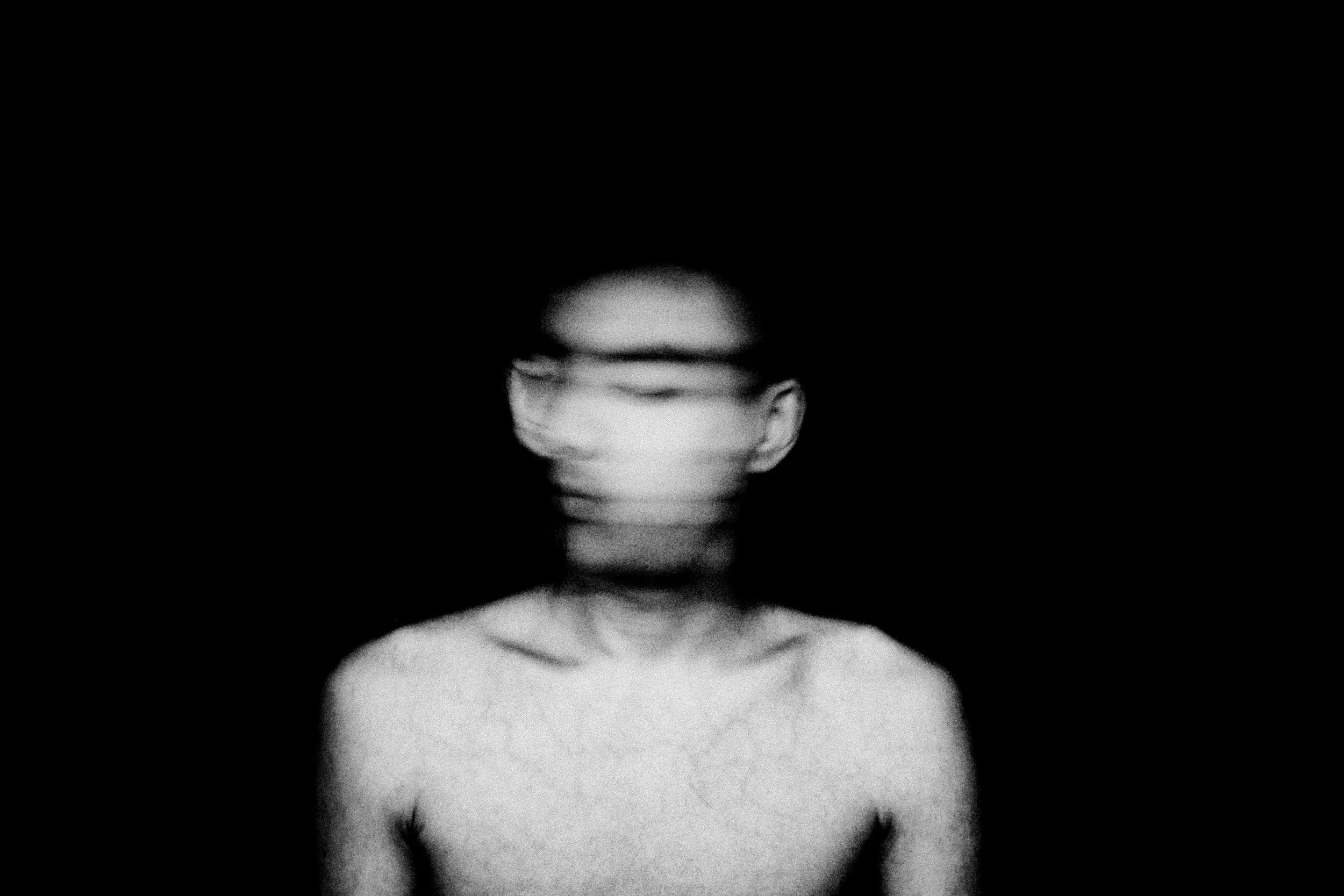Calling WA Boys’ Schools: Join a World-First Pilot in Philosophical Health
Teen boys are navigating complex terrain—yet they carry within them everything they need to thrive.
Adolescence today is shaped by a unique set of pressures: online echo chambers, shifting ideas of masculinity, and a fast-paced world that often values performance over presence.
Reclaiming Selfhood in a Digital World
By the time a young person reaches their mid-teens, they’ve spent over a decade building an identity—shaped by family, school, friendships, and increasingly, their digital life. For Transitional Age Youth (TAY)—typically defined as those aged 15 to 26—this period marks a crucial passage into adulthood, marked by change, choice, and complexity.
Why Australian Universities Should Offer Philosophical Counselling
8 Good Reasons
In a world where AI is accelerating, workplaces are changing, and young people face rising mental health challenges, universities need to educate for more than just knowledge and skills. Research in flourishing sciences shows that wellbeing, purpose, and belonging are not “extras”—they are foundational to learning, leadership, and life outcomes (Keyes, 2007; Seligman, 2011; VanderWeele, 2020).
Helping Transitional Age Youth Thrive Through Philosophical Health
Parents, guardians, and foster carers often ask: How do we prepare a young person for adulthood, especially during the critical transitional years?
For Transitional Age Youth (TAY)—typically aged 15 to 26—life shifts fast. They’re defining themselves, managing independence, shifting support systems, and navigating mental, social, and vocational transitions. While practical skills like budgeting and job readiness are vital, one often overlooked but powerful resource is philosophical health—a deep sense of identity, meaning, and purpose.
Losing the Role, Finding Yourself: Philosophical Health and Transitions
“When the applause dies, who am I left to be?”
This question echoes in many lives—teenagers drowning in digital validation, elite athletes lost when fame ends, men struggling to find themselves after career or health upheaval. Too often, identity is built on performance and external validation. When those roles vanish, many men face a void—and without a deeper inner foundation, that void can become despair.
The Missing Curriculum: Teaching Teens How to Make Sense of Life
We are living in a time of rapid change, pressure, and uncertainty.
Every day, young people are flooded with information, expectations, and choices that shape who they become—and yet rarely are they given the space to pause, reflect, and ask life’s biggest questions: Who am I? What really matters to me? How do I want to live, contribute, and grow?
How to Stay Irreplaceable in the Age of AI
Spoiler: The Answer Isn’t Learning to Code Faster Than ChatGPT
AI just wrote a song, passed a law exam, and might be coming for your job next. Feeling a little uneasy? You’re not alone. But here’s the thing—what will keep you relevant in the future isn’t another certificate or tech skill. It’s your humanness.






